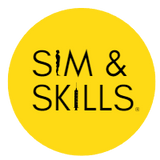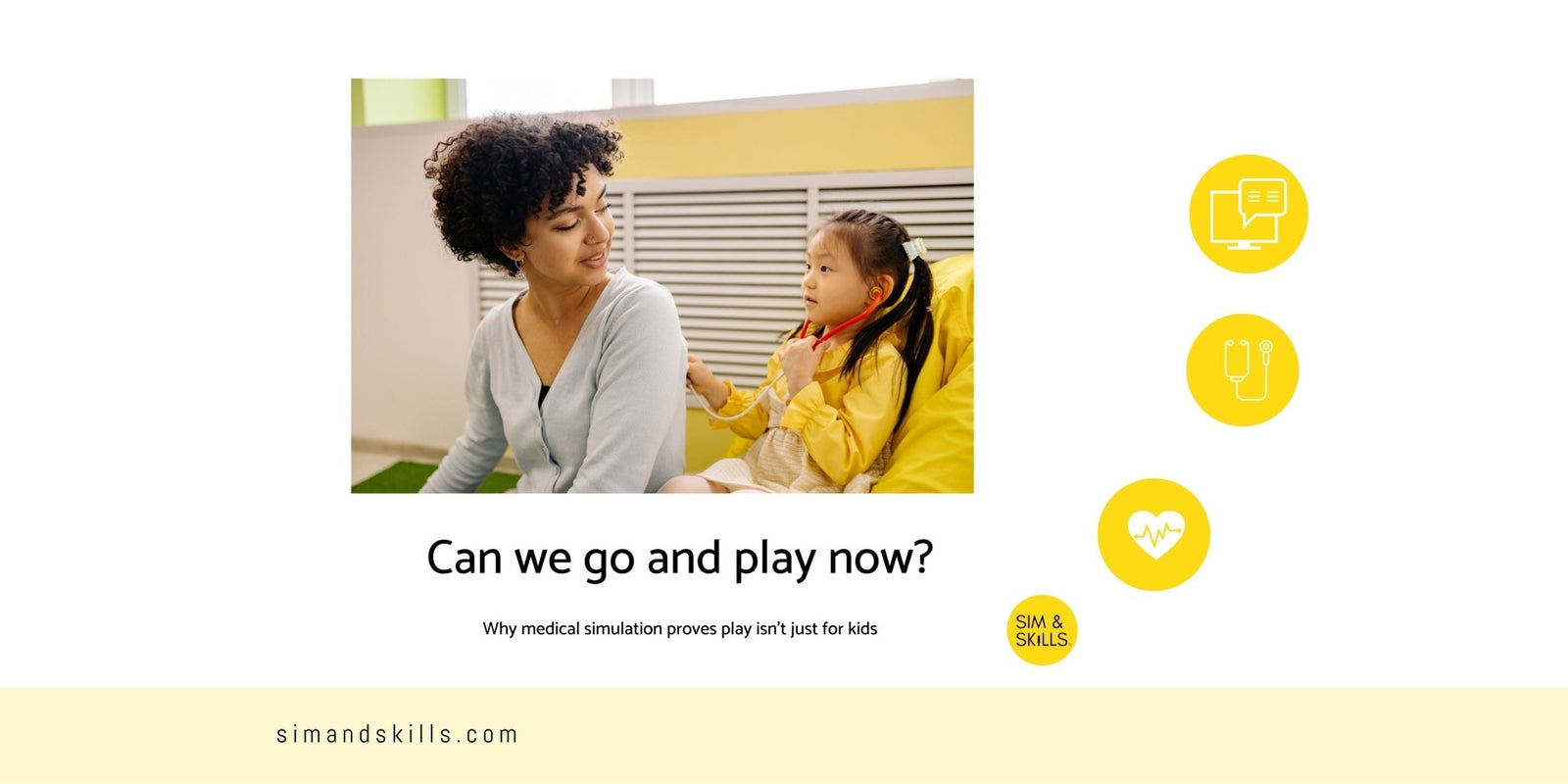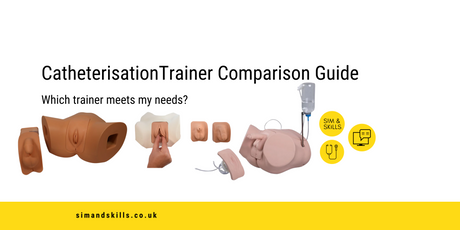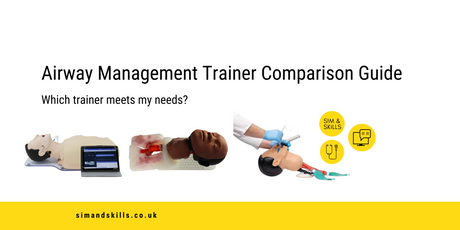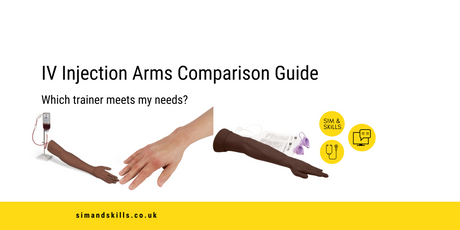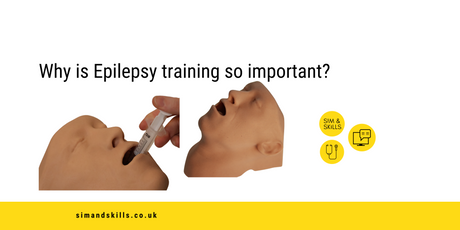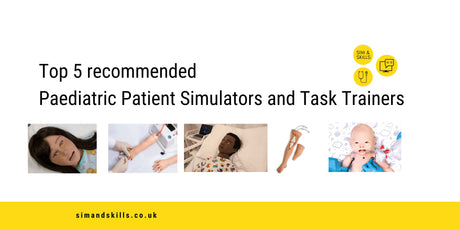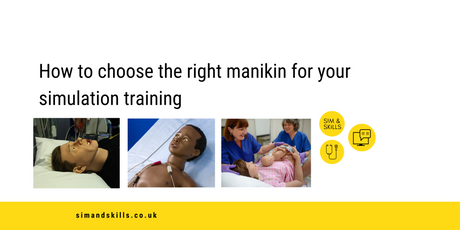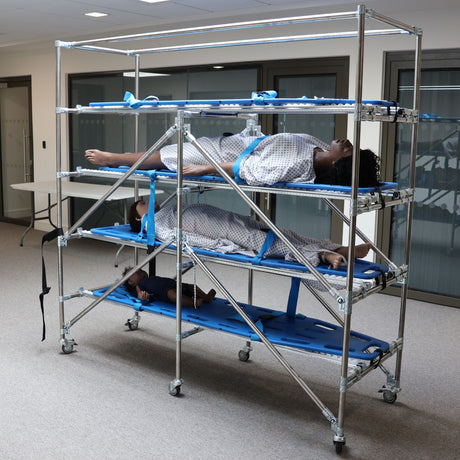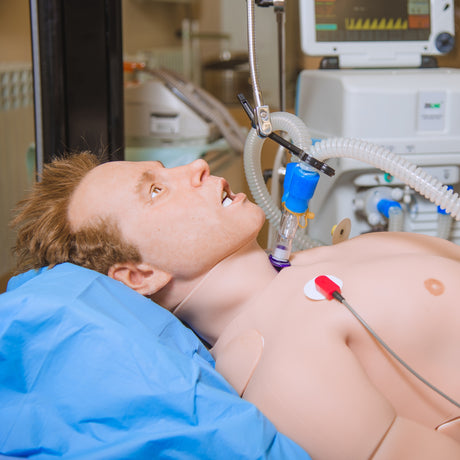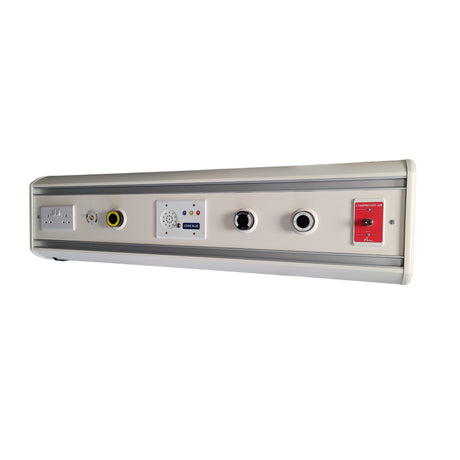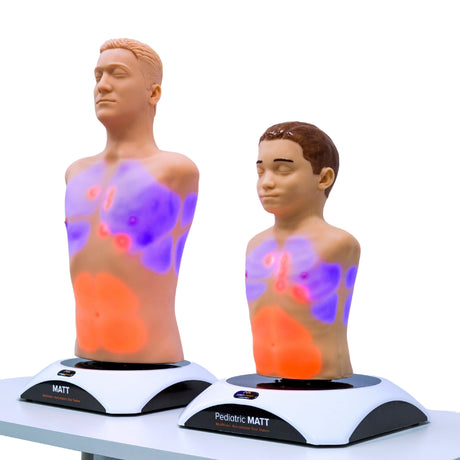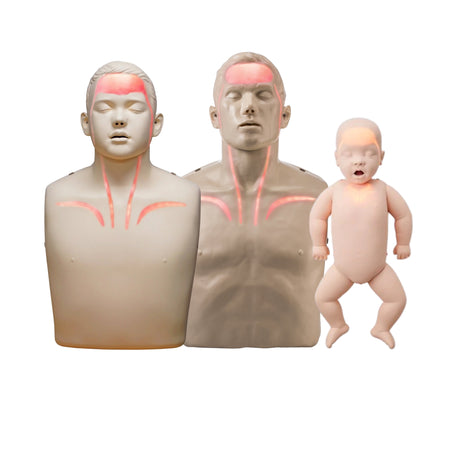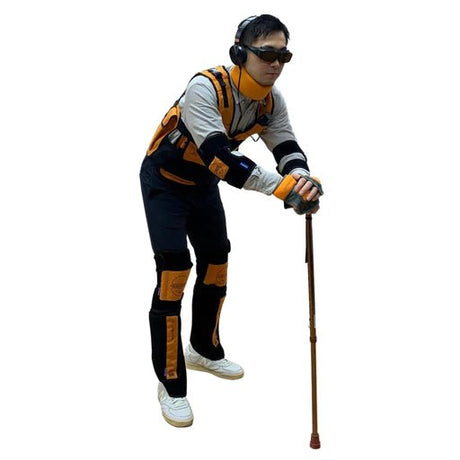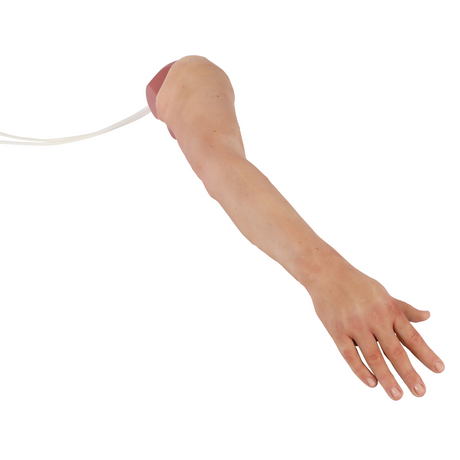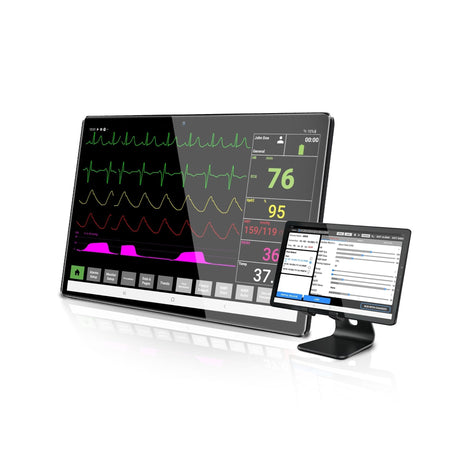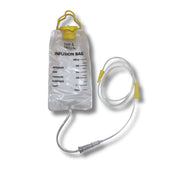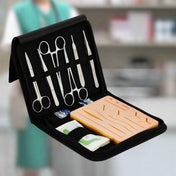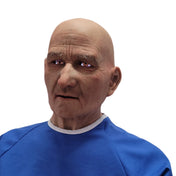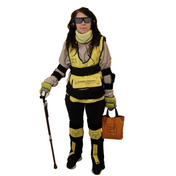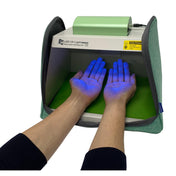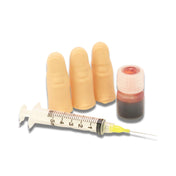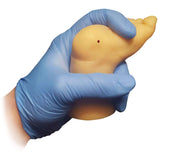Brace yourself. This post contains repeated reference to a dirty word. That word is play.
Today is Play Day. A national celebration of the importance of play and promoting the benefits it has for children.. and adults too.
So why is play such a dirty word?
Before crossing over to the world of medical simulation, I was an Early Years teacher for 10 years. A mostly joyous job, where I got to play with young children for the majority of the day. Blissful, child-initiated, child-led play that was bursting at the seams with learning, creativity, social and communication development and lots of fun.
‘All you do is play all day’ was an accusation often hurled at Early Years teachers like myself. A derogatory comment thrown at us as if play is easy, meaningless and a frivolous break from the real learning. ‘Yes, yes we do’, would be my proud reply.
And it’s the perception that play has no place in education that causes it to become a dirty word. Early years teachers flood social media, desperately looking for the right words to call their children’s playtime in the classroom: ‘busy time’, ‘choosing time’, ‘sparkly, magical, honestly we’re doing lots of very important learning time’. Anything other than play.
Traditional, Victorian-like didactic teaching looks down on play. It doesn’t understand play, it can’t easily control it and boy it doesn’t know how to carefully interact with it, support it, develop it and find that magical moment where it makes something click in the brain and new knowledge and skills are embedded.
If you believe in the power of play and you’ve seen the positive, holistic effect it has on the whole child, you better be ready to draw up your defences and battle for its existence. Even four and five year olds are seeing their access to play denied. There’s too much ‘real’ learning to do, for play to happen.
This is where the real issue lies. The undervaluing and the misunderstanding of the importance of play.
What is play at its core?
Play is experiential learning. A hands-on, safe environment that allows the learner to practice and hone their skills. Repeating tasks schematically until perfected, discovering the limits of properties or our own physical strength. A space to learn how to problem-solve, get creative, negotiate and collaborate with our peers, communicate our ideas, needs and feelings.
Wow, what a pointless list of soft skills. Why would anybody need to have these qualities in the adult world of work?
Children learn best when their learning is joyous, exciting, challenging and is actively engaging. The famous Benjamin Franklin quote, perfectly sums up the relationship between play and learning:
‘Tell me and I forget, teach me and I remember, involve me and I learn’.
So if children are actively engaged and involved in their learning in a practical, relevant and enjoyable way, their skills and knowledge are deeply embedded. This is all achieved through play.
So how is play relevant to adults?
Turning to the adult world of learning. A world that surely isn’t interested in learning through play? Well after five months working in the world of medical simulation, one thing is pretty clear- What we’re all doing, here in medical and healthcare simulation is, wait for that dirty word, playing.
Of course adult play looks different to that of children’s play. However, when students and clinicians enter a simulation suite to get their hands on a manikin or an injection trainer, they are essentially entering a world of play. Here our wonderful doctors and nurses get to practise and develop their skills in a safe environment, where mistakes can be made and learnt from.
Experimentation, collaboration, problem-solving and discovery all happen, which in turn leads to safer practice in the healthcare environment.
Without the opportunity to ‘play’ with a catheterisation trainer or a nursing skills training manikin, clinicians cannot develop the skills and knowledge needed to care for real patients. Just reading about these skills in a book would never replace the levels of engagement involved in the experiential learning environment of a healthcare simulation suite.
So if we as adults learn best through ‘play’ (or whatever grown up term we need to use to describe our learning), on this National Play Day, please, please, please can we let our children play too?
(and to all our wonderful Sim Techs- thanks for facilitating the 'play' and ensuring the experiential learning opportunities are there to help develop the skills and knowledge needed in healthcare)
